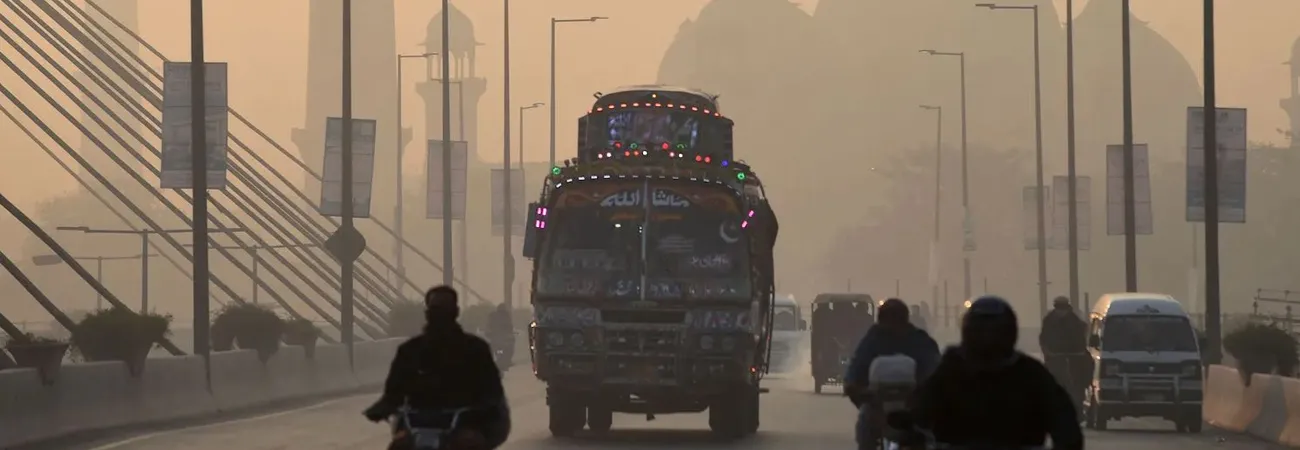i NEWS PAKISTAN
Pakistan's largest city, has become the first city in the world in terms of pollution, with an Air Quality Index (AQI) of 208. This means that the air quality in Karachi is extremely hazardous to health, and people are advised to avoid going outside if possible. The high levels of pollution in Karachi are attributed to a number of factors, including vehicle emissions, industrial pollution, and dust from the surrounding desert. The city is also experiencing the effects of North-West winds from Balochistan, which are bringing in additional pollutants.
Other cities that rank high on the list of most polluted cities in the world include Lahore, Pakistan (AQI 166), Kuwait City, Kuwait (AQI 173), and Coaching, Malaysia (AQI 153). Experts have warned that the high levels of pollution in Karachi are having a serious impact on public health. Air pollution can cause a range of respiratory problems, including asthma, bronchitis, and pneumonia. It can also increase the risk of heart disease, stroke, and cancer.
The Pakistani government is under pressure to take action to improve the air quality in Karachi. However, there is no easy solution to the problem. Reducing vehicle emissions and industrial pollution will require significant investment and coordination between different government agencies. In the meantime, residents of Karachi are advised to take steps to protect themselves from the harmful effects of air pollution. This includes wearing a mask when going outside, avoiding strenuous activity, and staying indoors as much as possible.
Credit: Independent News Pakistan (INP)









